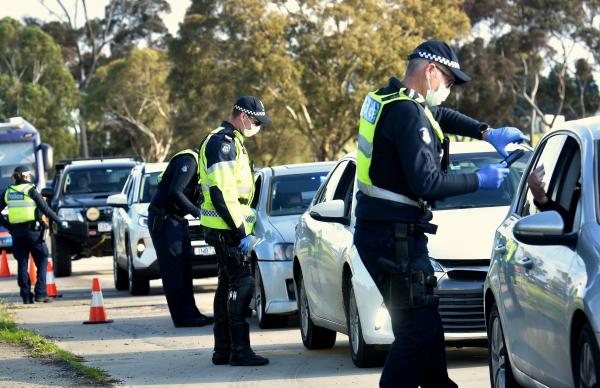By Laura Michell
Thirty-two new coronavirus cases were recorded in Hume since yesterday, bringing the municipality’s total number of cases to 448.
Department of Health and Human Services figures show there were 416 confirmed cases in Hume on Monday, rising to 448 today.
There are currently 246 active coronavirus cases in Hume.
An active case is defined as someone who has tested positive, is currently in isolation and being monitored by the Department and who has not yet recovered.
Ten new cases were recorded in Whittlesea, bringing its total to 147. There are 70 active cases in Whittlesea.
The rise in cases comes as the state’s chief health officer, Brett Sutton, again warned that Craigieburn and Roxburgh Park were suburbs of concern.
He said health officials were also concerned by the rise in cases in Truganina and Tarneit.
Across Victoria, there are 257 new cases of COVID-19.
Two new deaths have been reported since yesterday. A woman in her 80’s and a man in his 80’s both died in hospital. To date, 26 people have died from coronavirus in Victoria.
Professor Sutton urged people living in metropolitan Melbourne and Mitchell Shire to abide by the stage three restrictions.
“These restrictions have become necessary because of the sharp increase in cases,” he said..
“If you live in these areas, there are only four reasons to leave your home: shopping for food and essential items; care and caregiving; daily exercise; and work and study – if you can’t do it from home.
“Restaurants and cafes are now takeaway and delivery services only, and beauty and personal services are closed. Entertainment and cultural venues are also closed. Community sport may not occur.
“This stay at home direction applies to your principal place of residence – which means you need to stay home and not use a holiday home.
“These are tough measures, but this virus is not selective – it will impact anyone it encounters, and personal contact is the clear source of its transmission. We need everyone to do their part and ensure it is stopped in its tracks.”







